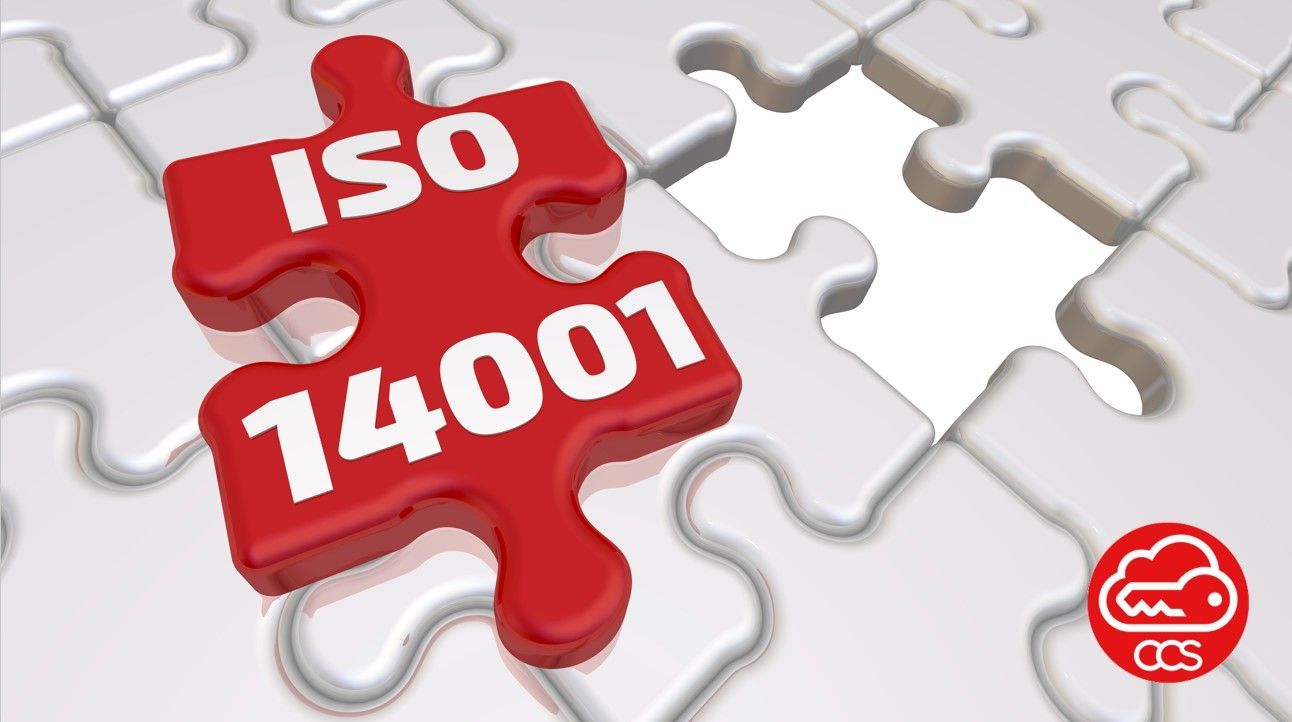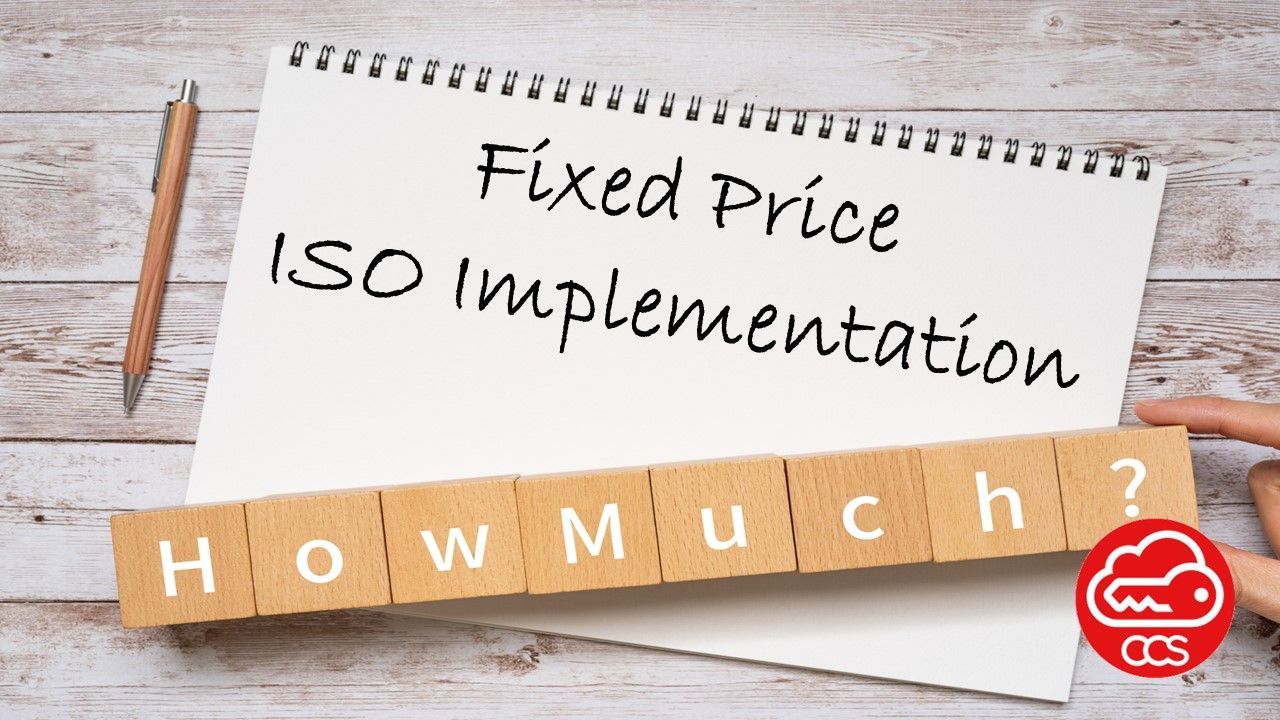ISO 14001 Certification:
Combating Greenwashing and Fostering Environmental Responsibility
In today’s business landscape, environmental sustainability is a priority for consumers, companies, and regulators alike. However, the rise of greenwashing, the deceptive practice of making misleading claims about environmental responsibility has created challenges for those trying to distinguish genuine sustainability efforts from marketing ploys. Greenwashing often involves businesses overstating or falsely advertising their environmental initiatives, giving the false impression of eco-friendliness without real action. This misleads consumers and erodes trust in true environmental responsibility.
ISO 14001, an internationally recognised standard for Environmental Management Systems (EMS), provides a robust framework to combat greenwashing and promote genuine sustainability.
What is ISO 14001 Certification?
ISO 14001 is a globally recognised standard developed by the International Organization for Standardization (ISO). It sets out the requirements for an EMS that businesses can implement to manage their environmental impact, reduce waste, conserve resources, and comply with environmental regulations. Unlike greenwashing tactics, ISO 14001 certification demands concrete action and system-wide change.
The certification process involves a rigorous third-party audit, ensuring that a company’s environmental management practices meet ISO 14001’s stringent requirements. This independent verification adds credibility to a business’s environmental claims, distinguishing certified companies from those engaging in greenwashing.
ISO 14001’s Comprehensive Approach: A Defence Against Greenwashing
Unlike superficial greenwashing strategies, ISO 14001 requires businesses to take a holistic, measurable approach to managing their environmental impact. Its comprehensive framework ensures that organisations address environmental issues in a meaningful way. Key elements include:
- Setting Objectives and Targets:
- Certified organisations must define specific, measurable environmental goals aligned with their broader business strategies. These objectives provide a clear pathway to real progress, preventing companies from simply ‘talking green’ without action.
- Regular Audits and Reviews:
- Continuous internal and external audits are required to monitor the EMS’s effectiveness, ensuring compliance and enabling corrective actions. This contrasts with greenwashing tactics, which typically lack independent scrutiny.
- Commitment to Continual Improvement:
- A cornerstone of ISO 14001 is the commitment to continual environmental improvement. Certified companies must demonstrate ongoing progress in reducing their environmental impact, a clear departure from the stagnant claims often seen with greenwashing.
Transparency and Accountability: Exposing Greenwashing
Transparency is a key principle of ISO 14001. Certified organisations are required to communicate openly about their environmental policies, objectives, and progress. This level of accountability makes it difficult for companies to hide behind vague or misleading claims. Stakeholders, including customers, investors, and employees can engage with the company’s environmental efforts and hold them accountable for their promises, reducing the risk of greenwashing.
Enhancing Credibility and Trust
ISO 14001 certification builds trust with consumers and stakeholders by providing a credible, independent assessment of a company’s environmental management practices. Businesses with the certification can back up their environmental claims with objective evidence, helping to differentiate themselves from competitors that may rely on greenwashing. This trust is crucial in a market where consumers are increasingly sceptical of businesses’ sustainability claims.
Embedding Sustainability into Business Operations
ISO 14001 goes beyond mere compliance or marketing by embedding sustainability into the core operations of an organisation. It requires active involvement from employees at all levels, fostering a culture of environmental responsibility throughout the business. This stands in stark contrast to greenwashing efforts, which typically focus only on surface-level marketing without embedding sustainable practices into everyday operations.
How ISO 14001 Combats Greenwashing
ISO 14001 certification plays a vital role in tackling greenwashing by promoting authentic environmental responsibility. Its comprehensive standards, third-party verification, and focus on continual improvement ensure that certified companies are genuinely committed to reducing their environmental impact. By adhering to ISO 14001, businesses can demonstrate their long-term dedication to sustainability, moving beyond superficial claims to real, measurable progress.
While ISO 14001 is a powerful tool in the fight against greenwashing, consumers and stakeholders must remain vigilant. Evaluating an organisation’s overall environmental track record, alongside certifications like ISO 14001, ensures companies are held accountable for their public commitments to sustainability.
Conclusion: A Path Towards Genuine Environmental Responsibility
In an era where environmental claims can easily be distorted through greenwashing, ISO 14001 certification offers businesses a clear path to proving their commitment to sustainability. By adopting ISO 14001, companies can foster trust, reduce their environmental impact, and stand out as leaders in responsible business practices. The standard not only challenges greenwashing but also drives meaningful change, helping create a more sustainable future for all.





